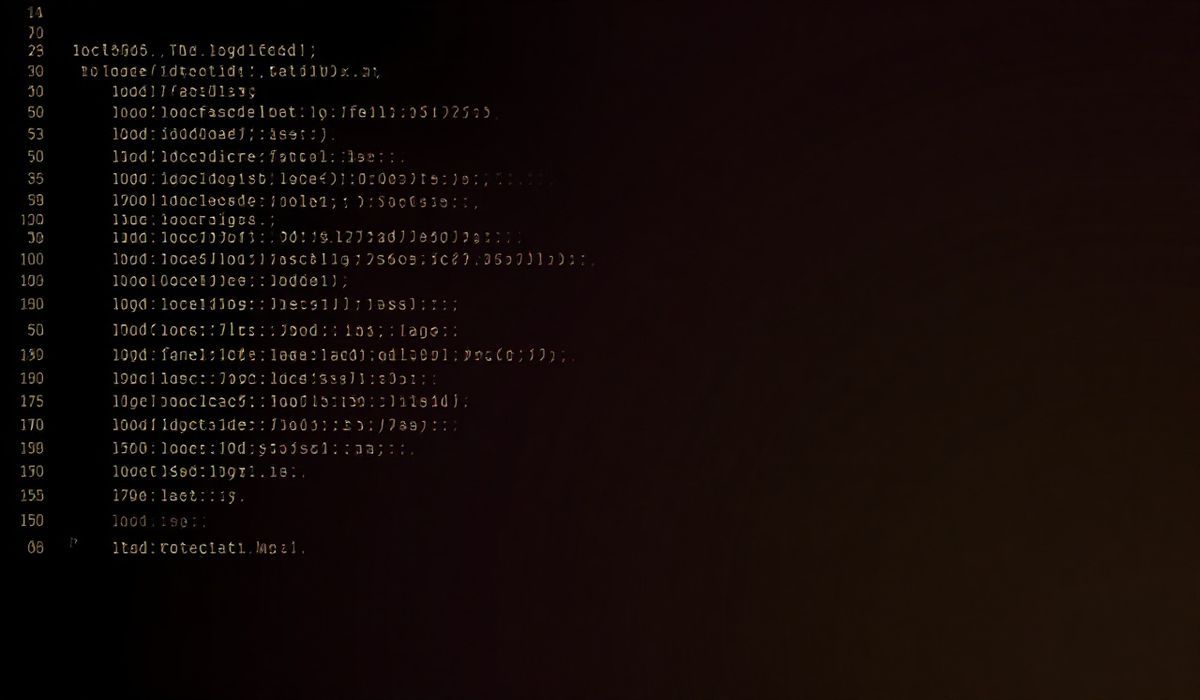Introduction to PDFKit
PDFKit is a powerful Python library used for generating PDFs from HTML. It transforms HTML and CSS into well-formatted PDF documents, making it an essential tool for web developers and software engineers.
Installation
To get started, install pdfkit using pip:
pip install pdfkit
It requires wkhtmltopdf, which can be installed by following the instructions on the official site.
Basic Usage
Here’s a simple example of creating a PDF from a HTML string:
import pdfkit
pdfkit.from_string('<h1>Hello World</h1>', 'output.pdf')
Generating PDFs from File
You can also generate a PDF from a HTML file:
pdfkit.from_file('input.html', 'output.pdf')
Generating PDFs from URL
PDFKit allows you to create PDFs directly from a URL:
pdfkit.from_url('https://www.example.com', 'output.pdf')
Setting Options
PDFKit supports various options to customize the PDF generation process. You can pass options as a dictionary:
options = {
'page-size': 'A4',
'margin-top': '0.75in',
'margin-right': '0.75in',
'margin-bottom': '0.75in',
'margin-left': '0.75in',
'encoding': "UTF-8",
'custom-header': [
('Accept-Encoding', 'gzip')
]
}
pdfkit.from_url('https://www.example.com', 'output.pdf', options=options)
Adding Headers and Footers
You can add headers and footers to the PDFs:
options = {
'header-left': 'Page [page] of [toPage]',
'footer-center': 'Generated by PDFKit'
}
pdfkit.from_file('input.html', 'output.pdf', options=options)
Using Configuration
If wkhtmltopdf is not in your PATH, you can specify its location:
config = pdfkit.configuration(wkhtmltopdf='/path/to/wkhtmltopdf')
pdfkit.from_url('https://www.example.com', 'output.pdf', configuration=config)
PDF Encryption and Security
PDFKit also supports PDF encryption:
options = {
'password': 'your_password',
'no-print': None
}
pdfkit.from_file('input.html', 'output.pdf', options=options)
Combining Multiple PDFs
You can combine multiple PDFs into one:
input_files = ['file1.pdf', 'file2.pdf'] pdfkit.from_file(input_files, 'combined_output.pdf')
Embedding Images
Embedding images in your PDF is straightforward:
html_content = '<img src="path_to_image.jpg" alt="Sample Image">' pdfkit.from_string(html_content, 'image_output.pdf')
App Integration Example
Let’s create a simple Flask application using PDFKit:
from flask import Flask, render_template_string, request, send_file
import pdfkit
app = Flask(__name__)
@app.route('/create_pdf', methods=['GET', 'POST'])
def create_pdf():
if request.method == 'POST':
html_content = request.form.get('html_content')
pdf = pdfkit.from_string(html_content, False)
response = make_response(pdf)
response.headers['Content-Type'] = 'application/pdf'
response.headers['Content-Disposition'] = 'attachment; filename=output.pdf'
return response
return '''
<form method="post">
<textarea name="html_content"></textarea>
<input type="submit">
</form>
'''
if __name__ == '__main__':
app.run(debug=True)
This example demonstrates how to take HTML input from the user and generate a downloadable PDF file.
Hash: 398ce75f627d6452c0d1d9634cba3dd9736d69d114848c7a97a4f635017103f8




